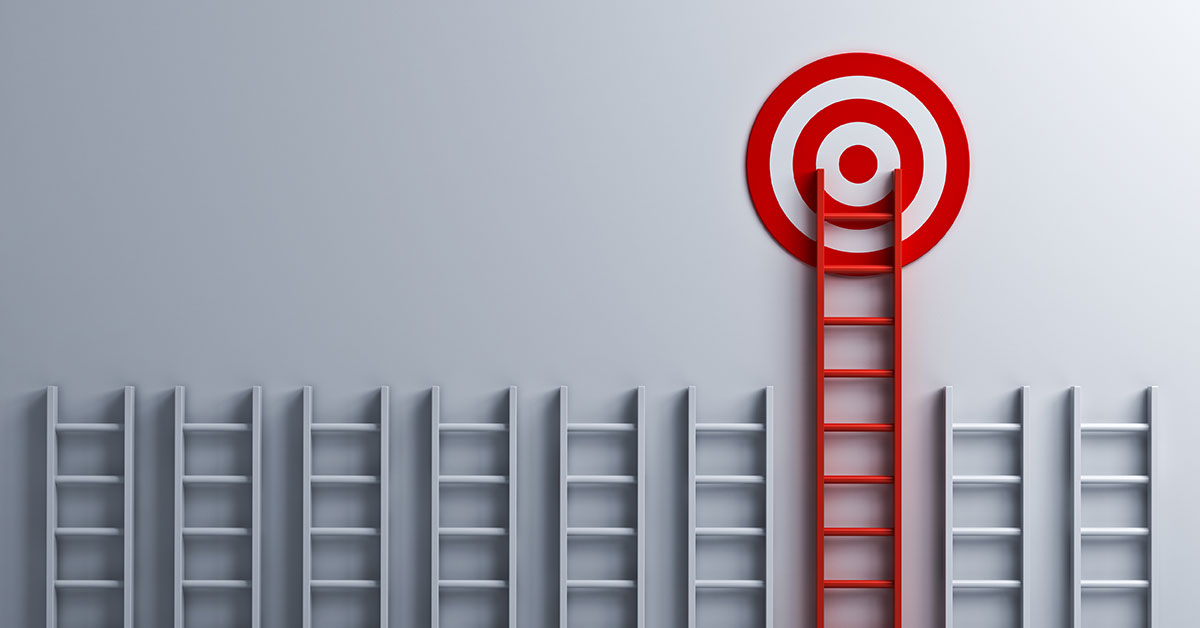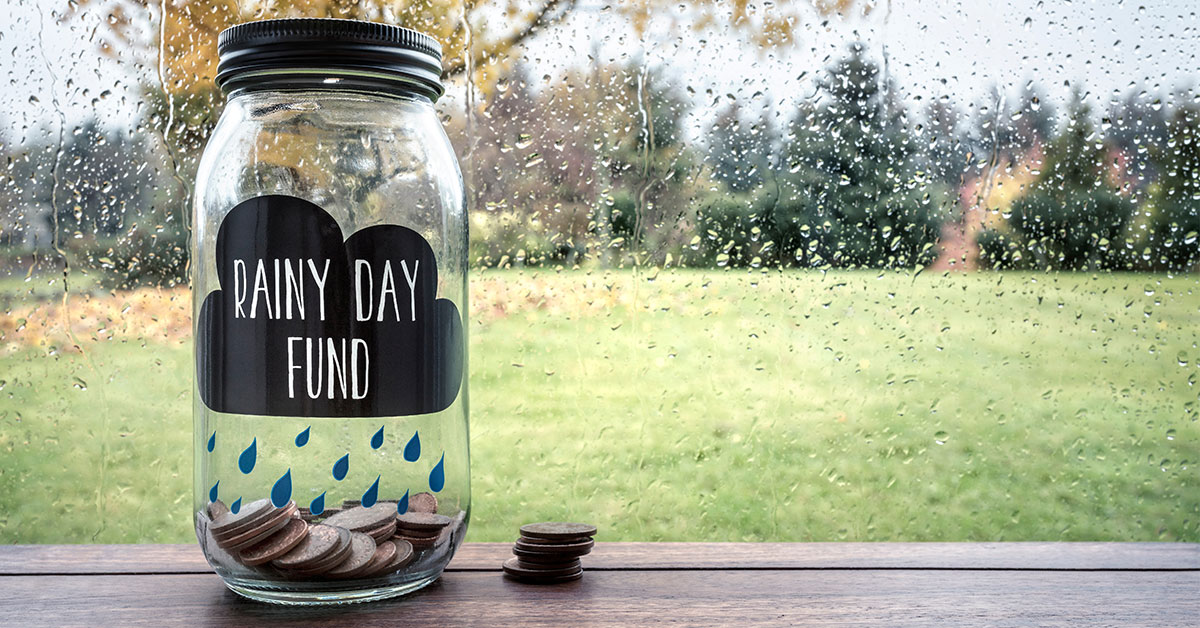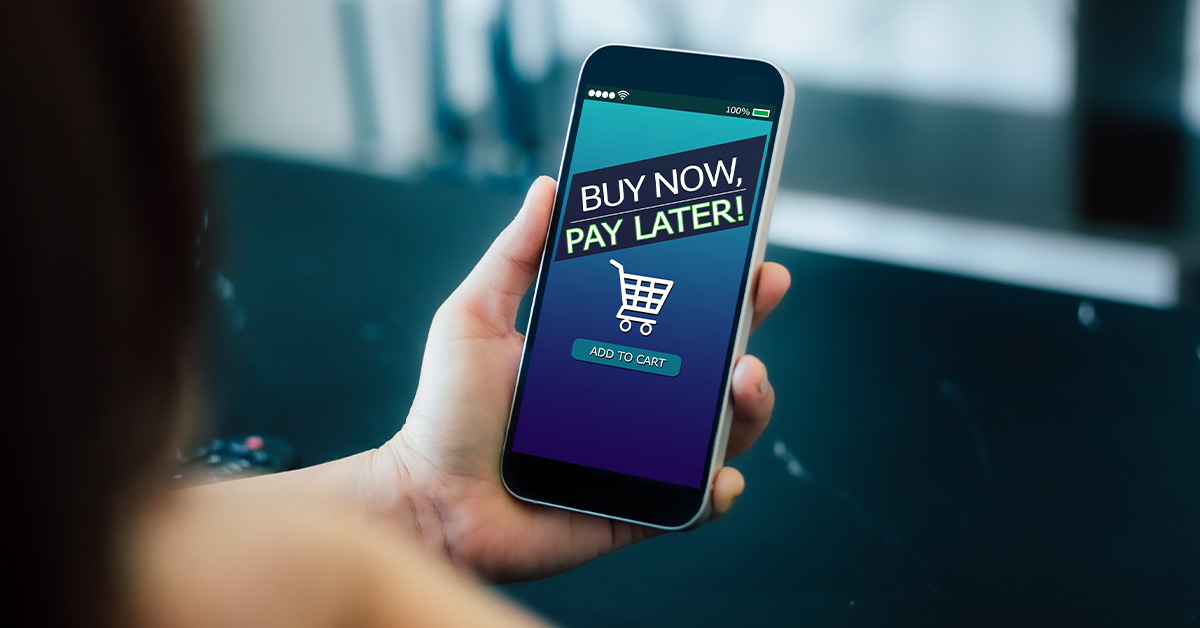
Should I Save Money or Pay Off Debt?
The foundation for financial wellness is having a budget and knowing where every penny of your income will be spent. Of course, you know you have to cover your necessities first. But, after the bills are paid, what comes next? You might be wondering if it’s more important to build your savings or if you should pay off debt.
Having debt can feel like a dark cloud, always hanging over every financial decision you make. But if you’re also struggling to build your savings, you might worry about what will happen in an emergency or how you’ll cover unexpected expenses.
Deciding between saving or paying off debt can feel like an impossible decision, but we’re here to help. Depending on your situation, it might be better to focus on one or the other, or you might split how you use any extra income. Let’s take a look at whether you should save or pay off debt:
Will Avoiding Savings Put You Further in Debt?
Paying off debt can be really tempting. Doing so can raise your credit score and open up so many more financial opportunities. And of course, the longer debt hangs out, the more you’ll end up paying because of interest.
But prioritizing paying off your debt isn’t always the best choice, especially if it means you’ll end up getting yourself in more debt as soon as an unexpected expense comes around. Before prioritizing debt, consider how you’ll handle any unexpected expenses.
How would you pay for a car repair, a dentist visit not covered by insurance, or a broken dishwasher? If you’d rely on credit cards, then it’s time to focus on building your savings. The unexpected will happen, and if you rely on credit cards to pay for those expenses, then you’re only going to end up in more debt.
Do You Have an Emergency Fund?

It’s not just the small things you have to worry about either. Emergencies and big, unexpected expenses can and do happen. If the COVID-19 pandemic taught us anything, it’s certainly that we have to be prepared for the unexpected.
So, it’s also important to consider how you’ll pay for emergencies such as job loss, major illness, or having to care for a loved one. In situations where your income drastically changes, how will you afford your necessities such as mortgage/rent, food, and utilities?
The primary way people get by, at first, in an emergency is through an emergency fund. Ideally, you’ll want to have 3-6 months’ worth of expenses saved. But this type of account can take a while to build. Having no emergency fund doesn’t mean you need to start saving all your extra income, but it does mean that it’s a good time to make an emergency fund line item in your budget. Start adding to your account for a few months before looking at your debt, because like small, unexpected expenses, relying on credit cards or loans will only add to your existing debt.
How High is the Interest on Your Debt?
Once you know you can cover small, unexpected expenses and you’re working towards building an emergency fund, then it’s time to look at your debt. If you have a lot of debt, it can be overwhelming, but you have options.
First, you could consider a debt consolidation loan. This will take all your existing debt and place it into one monthly payment. Of course, you’ll need to be in a place where you can afford that monthly payment. If not, your second option is to start making small payments toward your highest interest debt.
Your highest interest debt will always cost you more in the long run, so the sooner you can pay it off, the less you’ll pay overtime. Once you’ve built a bit of savings for unexpected expenses, start putting money towards your highest interest debt. Then work your way down, or once you’re able, consolidate your debt into one monthly payment.
Find the Right Balance Between Saving and Paying Off Debt

The most important thing to keep in mind is that a budget is all about balance. When you have income leftover after expenses, don’t think of it as one lump sum. You might be tempted to categorize it as spending money, savings money, or debt money. But, in reality, that income can be distributed across each of those categories in a way that makes sense for your personal situation.
And try not to be overwhelmed or feel hopeless if you have a lot of debt. Many Americans have debt far greater than their income. If you’re in that situation, you’re not alone, and there is hope. Small efforts build over time. Start saving for the unexpected and take small chunks out of high interest debt and you’ll eventually be in a better place.
Once you no longer have to rely on credit cards for emergencies and you’re mostly debt free, you can start investing money. And your finances can get really exciting at that point because you’ll start seeing how you can turn the money you have into even more simply by placing it in the right accounts.
More Savings Tips from Community First
- Pay Yourself First
- What is a Money Market Savings?
- How to Save Money for the Holidays
- Easy Ways to Save for an Emergency Fund
- How to Plan for Your Child's College Education









